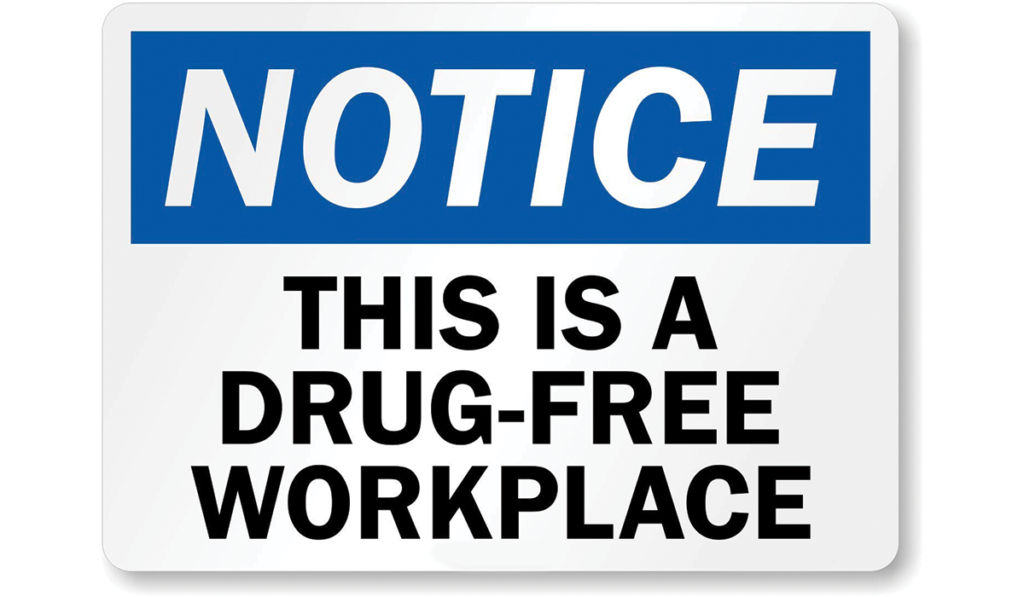
Proposition 207 officially became Arizona law last month when election results were certified. Some effects were immediate, such as lawful adult possession and use of cannabis without a medical card. Others will be felt in about six months, when recreational facility licenses issue. These licensed “marijuana establishments” will not replace existing dispensaries or the existing medical marijuana program — that all stays as it is. Rather, marijuana establishments will supplement the in-place medical infrastructure. Dispensaries will still be called dispensaries, and recreational facilities will be called marijuana establishments. They will operate on separate rules, but the retail experience will look and feel mostly identical, perhaps the largest difference being potency limitations placed upon non-medical products.
As with all new things, there is expected confusion — especially with businesses and the public not yet fully aware or accustomed to the brave new green world. Here is what is most important to understand.
First, the Proposition 207 world is not a free-for-all. There are limits, and people who overstep those limits can still be criminally charged. What Proposition 207 does for individuals:
- Legalizes adult recreational use of marijuana by persons 21 and older to possess up to one ounce/28 grams of marijuana (with no more than five grams being marijuana concentrate), and to have up to six marijuana plants at their home — 12 marijuana plants maximum per household.
- Allows persons 21 years or older to possess, use, purchase, transport or process up to one ounce of marijuana (with no more than five grams being marijuana concentrate).
- Allows persons 21 or older to possess at home all marijuana legally cultivated there, without limitation.
- Allows persons 21 or older to share or transfer up to one ounce of marijuana, five grams of concentrate, or six plants to other persons 21 or older — provided nothing is given in return.
Next, people will not see marijuana consumption in public spaces. Besides leaving it up to individual business owners and landlords to decide whether to permit marijuana on their premises, smoking marijuana remains illegal in public places and open spaces.
- “Public place” means a public park, public sidewalk, public walkway or public pedestrian thoroughfare.
- “Open space” means any enclosed area to which the public is invited or in which the public is permitted, including airports, banks, bars, common areas of apartment buildings, condominiums or other multifamily housing facilities, educational facilities, entertainment facilities or venues, healthcare facilities, hotel and motel common areas, laundromats, public transportation facilities, reception areas, restaurants, retail food production and marketing establishments, retail service establishments, retail stores, shopping malls, sports facilities, theaters and waiting rooms.
- A private residence is not a “public place” unless it is used as a childcare, adult day care, or healthcare facility.
Additionally, employers will be able to maintain and establish “drug-free workplace” policies. Distinct from the Arizona Medical Marijuana Act’s anti-discrimination protections, Proposition 207 allows employers to restrict employees’ and applicants’ use of marijuana. Employers who do not have a current drug policy might want to consider adopting one.
Lastly, for those hoping to cash in on opportunity, competition will be stiff. Proposition 207 favors existing medical marijuana dispensary owners, granting them first chance as “early applicants” to gobble up the recreational licenses by becoming a dual licensee, “an entity that holds both a nonprofit medical marijuana dispensary registration and a marijuana establishment license.”
- Under the initiative, the number of available retail licenses would be limited to 10% of the number of registered pharmacies in the state, which would be approximately 130.
- An additional 26 licenses will be issued as part of the Social Equity program, established to “promote the ownership and operation of marijuana establishments and marijuana testing facilities by individuals from communities disproportionately impacted by the enforcement of previous marijuana laws.”
- This brings the total retail establishment licenses potentially available to 156.
Investors hoping to secure a coveted license have been lining up; businesses hoping to try for a license are already late and need to move quickly. But if they miss out on the Golden Ticket, there are still many business opportunities in the ancillary services that support the licensees, such as labs, accountants, delivery, cleaning, packaging, design, marketing, cultivating, human resources and more. Moreover, private cannabis-friendly businesses like cafes may be possible, zoning and local ordinance permitting. Besides the business opportunities, the existing industry is presently starved for good human talent. Many rewarding careers beckon.
 Gary Smith is an attorney, arbitrator and founding member of Phoenix-based Guidant Law Firm. He is also a founding director and president of Arizona Cannabis Bar Association, board member of Arizona Cannabis Chamber of Commerce, and contributing author to Green Entrepreneur. He also authored Psychedelica Lex, The Law of Psychedelics.
Gary Smith is an attorney, arbitrator and founding member of Phoenix-based Guidant Law Firm. He is also a founding director and president of Arizona Cannabis Bar Association, board member of Arizona Cannabis Chamber of Commerce, and contributing author to Green Entrepreneur. He also authored Psychedelica Lex, The Law of Psychedelics.
Did you Know: Over the past four years the legal cannabis industry has doubled in size, creating nearly 121,000 full-time jobs. That’s a 100% growth rate. Arizona’s medical marijuana industry, which has an estimated $709 million market value, already supports more than 15,000 jobs. Passage of Proposition 207 will add many more. Leafly Jobs Report 2020
















